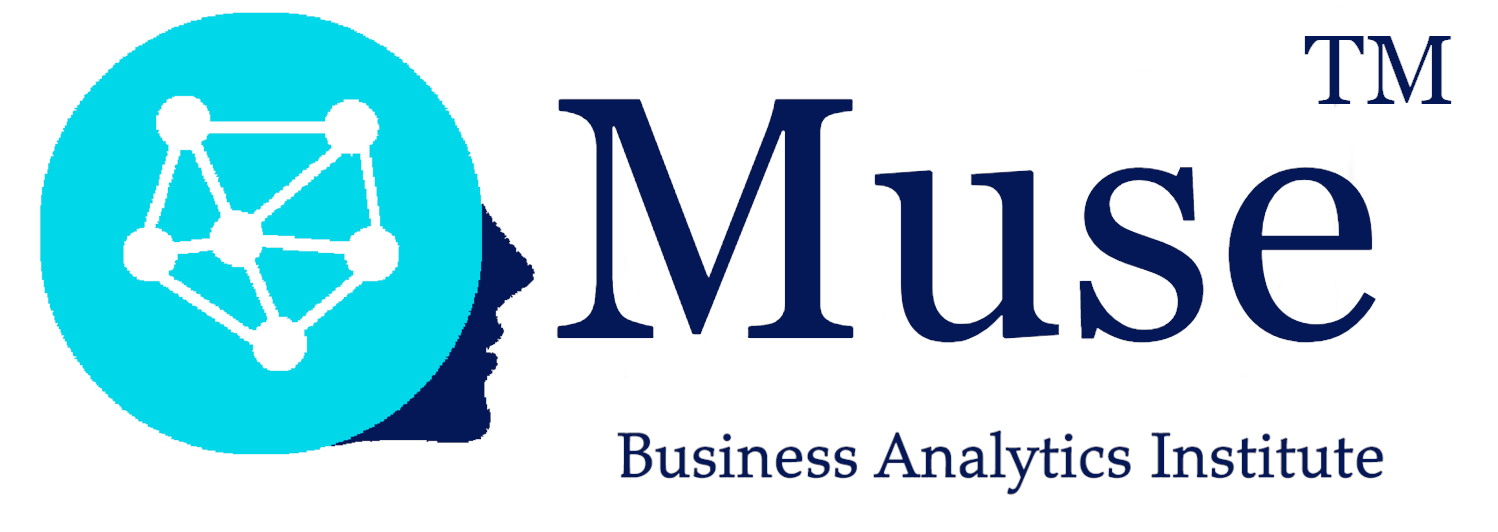Data Ethics
As applications of artificial intelligence in both business and society become more ambitious, digital ethics has become a growing concern for both individuals and governments.
What is the specificity of digital ethics, and how do these considerations differ from those of ethics in general?
These concerns are more a question of degree than of this kind, for each new generation of information technology introduces increasingly salient challenges for both business and humanity. In this brief introduction, four key questions can help frame the current debate.
Can we trust AI? Coming out of the Second World War, Norbert Wiener’s work on cybernetics focused on the question of to what extent humanity can trust automation. His writing in The Human Use of Human Beings expressed growing concerns about the dehumanization and subordination of our species. He outlined in particular the dangers of trusting decisions to computer programs that cannot reason abstractly, and by consequence are highly unlikely to understand the nature of human values.
Are the ethics of AI more challenging than before? Thirty years later Walter Maner, a medical professor and researcher, coined the term “computer ethics to describe the ethical problems aggravated, transformed or created by computer technology”. In focusing on the specificity of the ethical decisions that arise from the use of technology, he argued that computer applications were fundamentally different from previous technological innovations in that their design, complexity, and malleability allowed them to be applied in a countless number of domains.
Can algorithms be trained to make ethical choices? In his seminal article forty years ago, “What is Computer Ethics?”, James Moor summed up his thoughts concerning the ethical footprint of technology. He suggested that at the minimum, computers were ethical impact agents for programs and algorithms that have challenged human nature whether this was intended or not. He envisioned a world of full ethical agents in which machines would be capable of elucidating ethical choices compatible with humanity.
If artificial intelligence is all about context, how does context influence our views of ethics? Krystyna Górniak-Kocikowska’s argued that ethical considerations have in the past reflected local experiences, histories, and customs, which in turn explains why ethical positions often vary from one culture to another. She suggested that computer ethics are not bound by local constraints, i.e., computer logic constitutes a truly universal view of how humans and machines can interact.
The discussion of data ethics reviewed takes each of these arguments one step further. The ethical challenges do not arise simply from the quality and the relevance of the data itself, but from how human beings use data to perceive, predict, and evaluate courses of action. Each new generation of AI enlarges the objectives and application areas of both human and machine intelligence, and in doing so modifies the context in which ethical choices arise.

